Climate
-
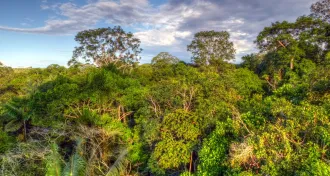 Ecosystems
EcosystemsJust 1 percent of Amazon’s trees hold half of its carbon
Roughly 1 percent of tree species in the Amazon rainforest account for half of the jungle’s carbon storage.
-
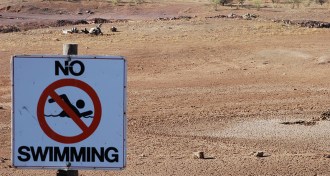 Climate
ClimateWarming’s role in extreme weather quantified
Scientists calculate how much to blame human-driven climate change for extreme high temperatures and heavy rainfall.
By Beth Mole -
 Space
SpaceDriving Curiosity to discovery
Discovery is driven by curiosity, on Mars and closer to home.
By Eva Emerson -
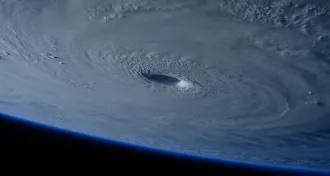 Climate
ClimateMonster storm dominates view from space station
A stunning photograph from the International Space Station captures the size and power of Typhoon Maysak, which clamored through the Western Pacific.
-
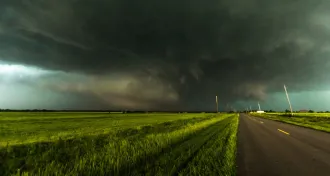 Climate
ClimateThe greatest natural disaster that almost was
The public’s response to the widest tornado ever recorded suggests earlier warnings need to be done right.
-
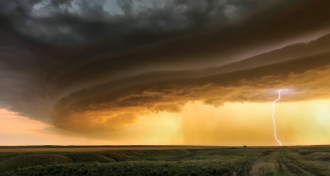 Climate
ClimateWeather forecasting is getting a high-speed makeover
Meteorologists are throwing new technology at the problem of weather forecasting to provide faster and more precise predictions of the coming weather.
-
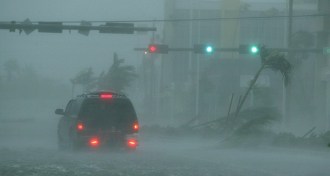 Climate
ClimateOnshore hurricanes in a slump
No major hurricanes have made landfall in the United States for over nine years. That’s a rare occurrence, new research shows.
-
 Animals
AnimalsDealing with droughts, museums going digital and more reader feedback
Readers share their experiences with dry weather in the U.S., discuss how humans mentally sort quantities and more.
-
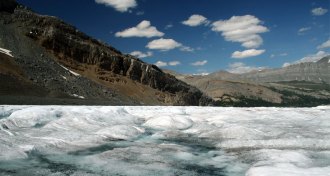 Climate
ClimateCanadian glaciers face drastic demise
Western Canadian glaciers will shrink 70 percent by 2100, a detailed melting simulation suggests.
-
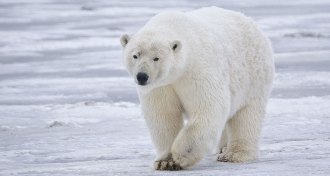 Animals
AnimalsEggs and other land foods won’t feed polar bears
Polar bears will not be able to survive on land by eating birds, eggs and vegetation, a new review concludes.
-
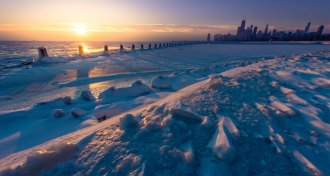 Climate
ClimateFewer cold snaps in the forecast
Rapid Arctic warming will reduce the frequency of cold snaps throughout much of the Northern Hemisphere, new research suggests.
-
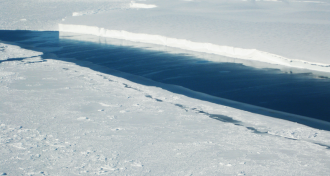 Climate
ClimateAntarctic ice shelves rapidly melting
Melting around Antarctica is accelerating, with several ice shelves projected to vanish entirely within 100 years.